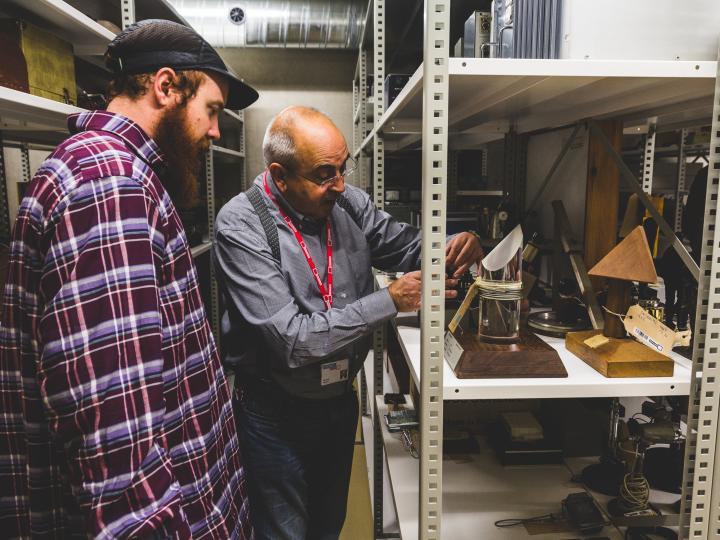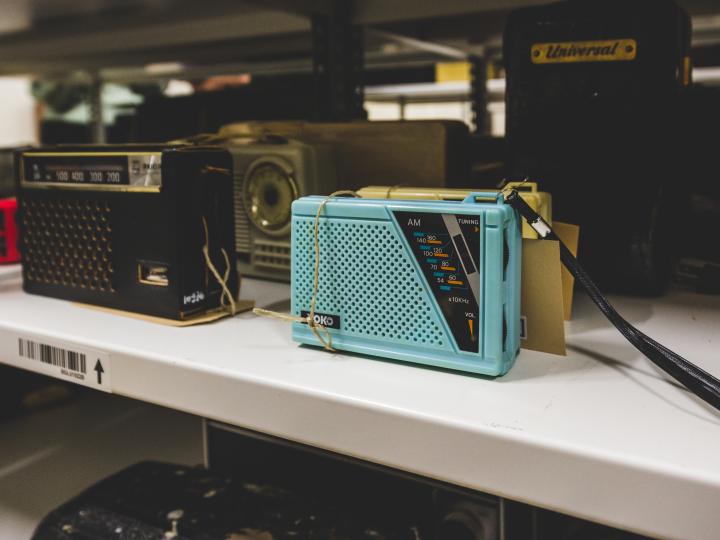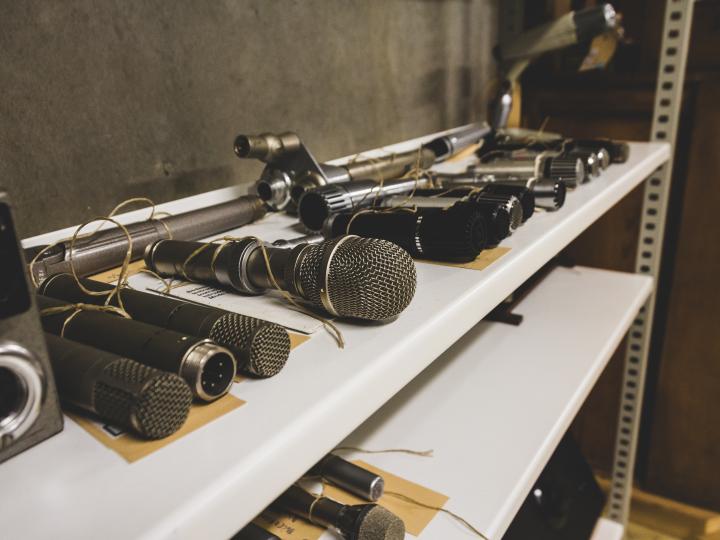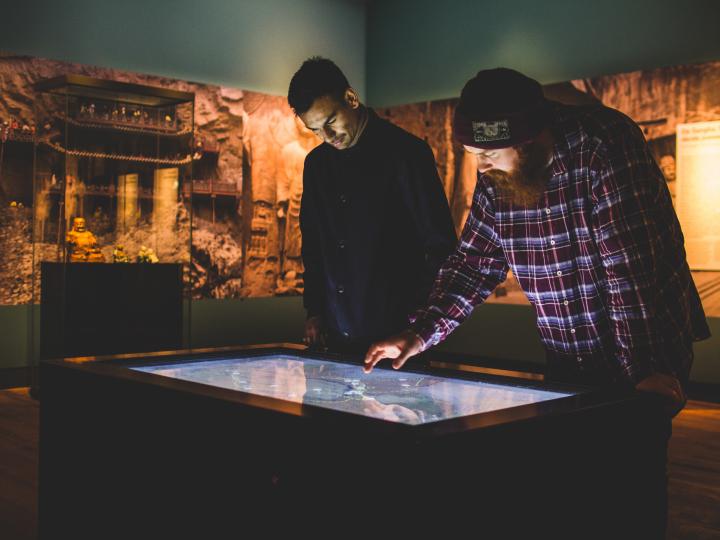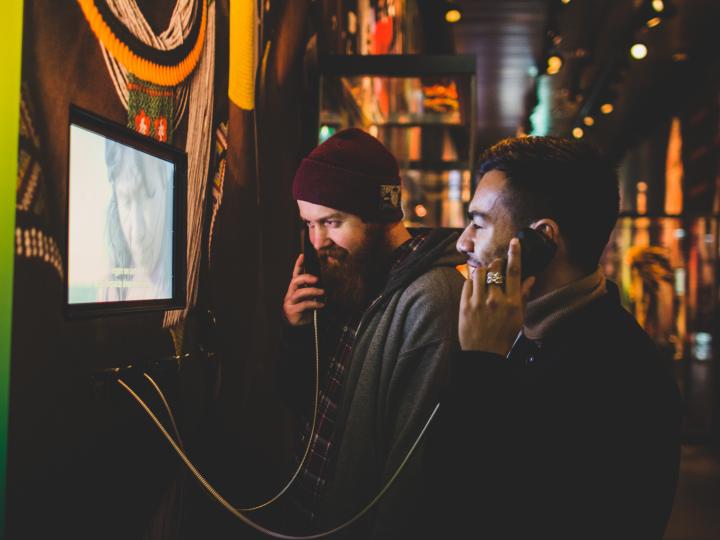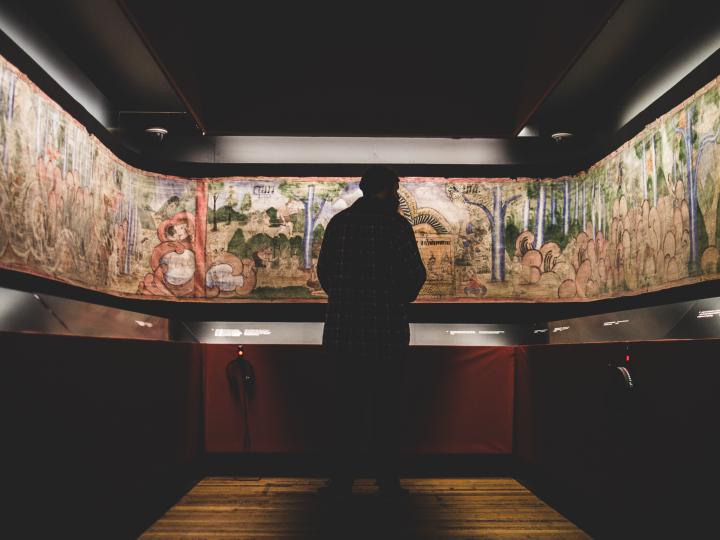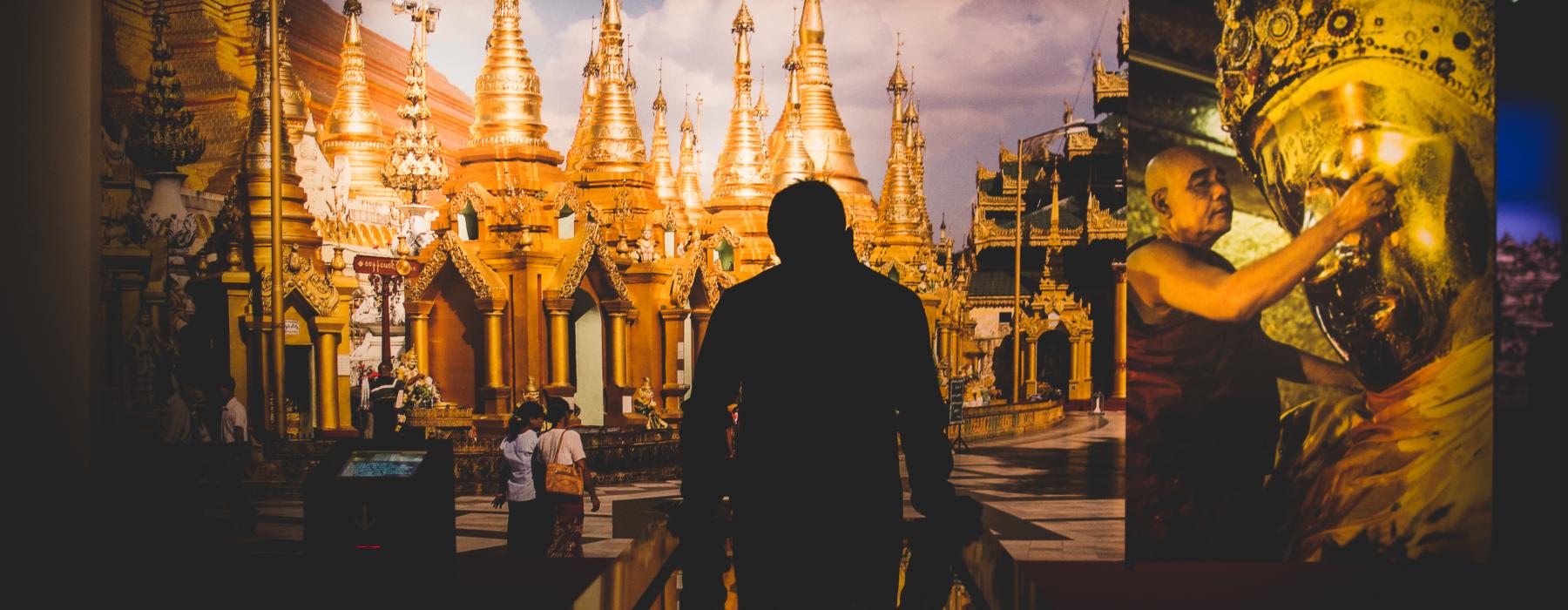
Unlocking Sounds invited Parrish Smith, Ash Koosha and Clap! Clap! to revive Tropenmuseum’s sound archive, now preserved at the Netherlands Institute for Sound and Vision, which features thousands of original field recordings from around the globe dating back to the 1920s. This collection was started by Dutch conservationist J.C. Lamster and Jaap Kunst, who would eventually coin the term ‘ethnomusicology’: the study of music in its cultural and social context. The archives do not only include recordings of music, but also stories, narratives, languages, rituals, dance and other auditory signals from the past.
Sound archives are not neutral historical repositories, they reflect the political climate and specific power relations at play at the time of recording practices. In case of the Tropenmuseum collection, it is – at least in part - a result of colonial regimes, politics and practices. It is important to be aware of the circumstances in which these archives were created and question what knowledge, whose memories and what hierarchies they represent. To connect with the source material and explore the multitude of intricacies that accompany topics like ethnomusicology, colonial archives, anthropology and cultural appropriation, all the artists visited the Netherlands where they conferred with leading researchers from the University of Amsterdam, Utrecht University, Leiden University, and the Royal Netherlands Institute of Southeast Asian and Caribbean Studies. They discussed questions such as: how do colonial pasts echo through these archives? How can ethnographic sound archives act as sites of imagination, creativity, and disturbance? What are the ethical implications when artists activate, re-contextualize and distort recordings from the archives?

